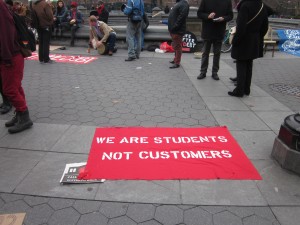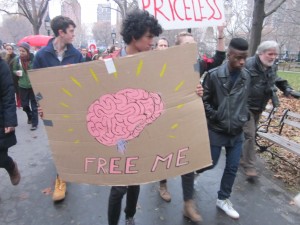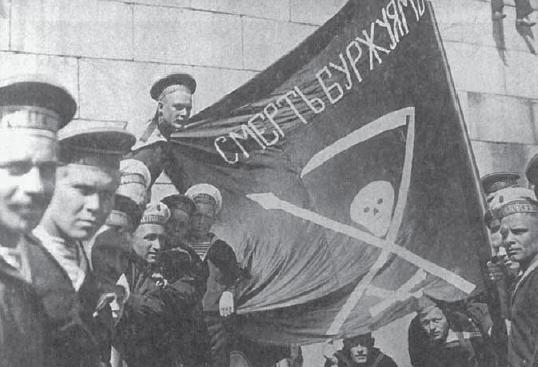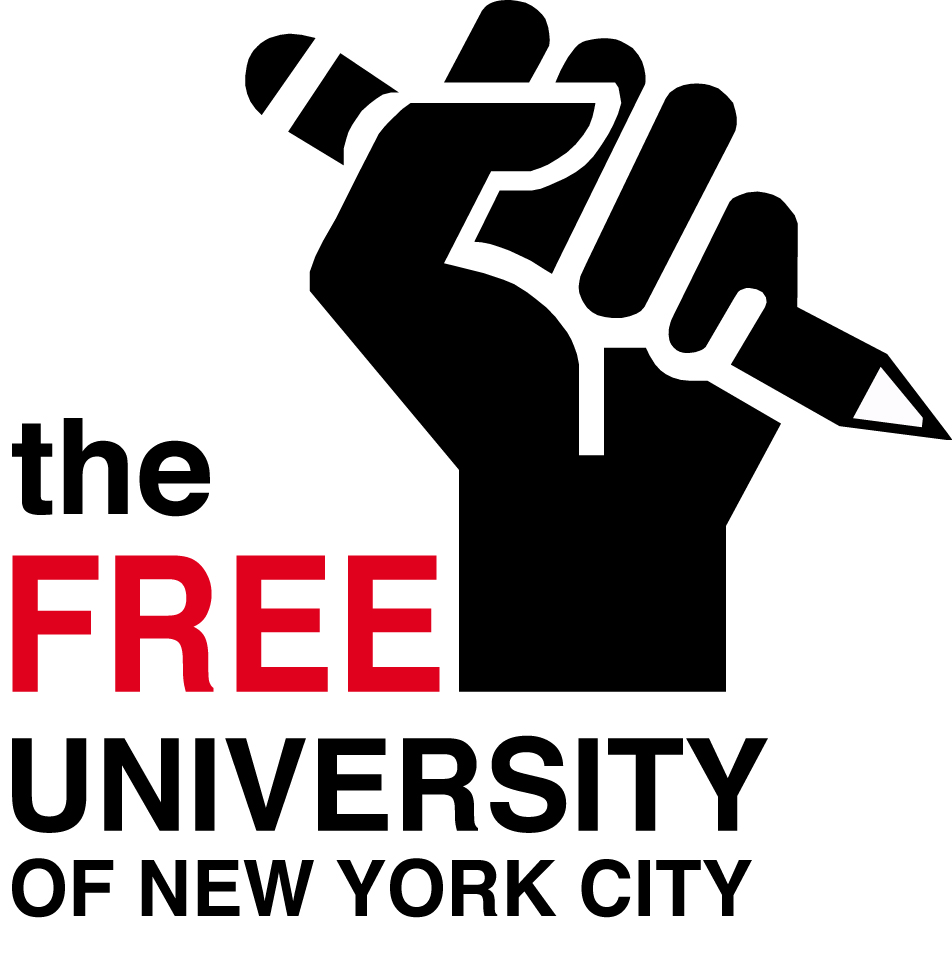This article was written as a reaction to the latest developments in the Hungarian student movement. The student occupation of a building on the campus of Eötvös Loránd University (ELTE) represents an escalation of the struggle of over the future of the higher education in Hungary. Today students allowed a group of neo-nazis to enter a forum they were holding and allowed them to speak. Fredrick Schulze, an American anthropologist and PhD student at Central European University, Budapest, offers this important critique.
No-Platform: Notes on the Hungarian Student Movement
by Frederick Schulze
February 12th, 2013 in Budapest
Today at ELTE
Today I watched as about fifteen nationalist footballers walked calmly into the forum of the student blockade at Eötvös Loránd University (ELTE) in Budapest and participated in the discussion. Their participation was defended by the student organizers on ‘democratic’ grounds. This brief paper will explain why this is a massive mistake and what this mistake says about left organizing in Budapest as well as a simple concrete solution on how to correct this. Continue reading






